Unschooling and Leadership Education
There are several popular styles of home education, including Charlotte Mason, Classical, Eclectic, Montessori and Traditional (“school-at-home”). This post is an introduction to two styles of homeschooling, Unschooling and Leadership Education, and describes how our family has blended these two styles in our home education journey.
The age range of our five children is 22 to 10. We have homeschooled all our kids from the beginning–all 22 years! If you are like me, you have thought about and researched and tried and failed and succeeded at many different attempts to find the perfect method of homeschooling. Or maybe you are just starting out in your homeschooling adventure. Well, I have discovered that a perfect method of homeschooling doesn’t actually exist! But through our continuing home education experiment we have stumbled onto some things that help us meet our goal of raising lifelong learners.
When my husband and I decided to homeschool, back when we were engaged and preparing for marriage–our pastor insisted that we plan to homeschool our kids, after all–I started thinking about how that would look for us. As our first child grew and approached school age, my research focused on what method I liked best. I settled on the Charlotte Mason approach, and found a free online curriculum guide to help pursue the perfect home education. It looked lovely in theory, and works well for many families. Well, we tried to do ALL THE THINGS—poetry memorization, narration, flash cards, reading and writing practice, map work, music study, history, and so on. We continued this for a number of years, dropping off bits and pieces as it became obvious that with my personality, skills, and energy level—and a toddler–I could not manage so many details, so many subjects. Meanwhile said toddler grew older, and came with a vastly different personality and learning style. Everything we had done before was met with tears and frustration. Anything “schooly” ended in disaster. Workbooks were torture, my checklists to keep us on track were becoming emptier. Something had to change. Meanwhile, child #3 came along and taught herself to read, while #2 still struggled with the basics.
Even though my long-term memory isn’t the greatest, the next part is still very clear: I was expecting twins! The months that followed stretched our family in so many new ways. I was 10 times as sick as ever before and sleeping 14+ hours a day for months. In the midst of many difficulties and some trips to the emergency room, any thought of regular, structured homeschooling pretty much flew out the window that year. But my oldest, at only 11 years old, became very adept at running the house from laundry to cooking to keeping track of her 2 siblings. Wow! What a practical education she gained that year! (And as a side note, she still wants to have a dozen kids and homeschool them all, so God was definitely working through that situation!) So that year, without knowing the name for it, we just fell into a kind of “radical unschooling” for sheer survival. That continued after the boys were born, as we were now caring for twin newborns, with double-the-everything!
Around this time, I happened upon something called the “Not-Back-To-School Summit”, where I learned about unschooling and Leadership Education. These philosophies resonated with me. As I studied more about them, I found that they really go hand in hand.
Leadership Education, as described on https://tjed.org/about-tjed-learning/, is a philosophy of education that follows and supports the development of each individual child through distinct developmental/learning stages or “phases” towards the goal of helping each child gain the tailored education needed to match his or her God-given vocation. It is based on sound principles and a realization that “What” and “How” each child learns changes, based on the physical, emotional and intellectual development of the child, and these are not tightly bound to a precise age, though they do normally happen in a specific order. Here is a VERY brief description of the learning phases:
- The first phase is called Core. During this time the baby/child is learning right and wrong, attachment and love for parents and family, basic motor skills, a practical understanding of the way the world around him works, etc.
- The second phase is Love of Learning (aka LOL). In this phase, the child’s mind is like a sponge, soaking up experiences and knowledge from all angles for the sheer joy of knowing and doing.
- In Transition phase, students show an increased interest and focus that is needed to pursue deeper learning. Often a mark of this stage is a sense of boredom or thirst for more to do, and correctly supported it develops naturally into scholar stage.
- Scholar students are serious about learning deeply and widely in many areas of knowledge. Scholar students are self-motivated, and can do much of their studies independently.
By now, you may be asking, “Where does unschooling fit into this developmental structure? And what is unschooling anyway?”
Unschooling is not so much a method as it is a mindset or home culture. To me it means allowing the child as much freedom in their own learning journey as the parents can stand, while providing the guidance, support, direct teaching, encouragement and materials they need along the way. Unschooling promotes self-directed and self-paced learning to whatever extent the parents decide is appropriate.
The unschooling outlook leads to learning that is accordingly tailored to each child. The parents must be tuned in to each of their children, to facilitate and make sure they each have what they currently need to advance their own learning goals. Maybe 4-year-old Alex really wants to be able to make his own lunch, or 10-year-old Suzie wants to improve her handwriting, or 12-year-old John wants to learn the math he needs to design a tiny house. As parent educators, we are the best able to see where they are, and help them plot a path to where they want to go. The means or method of the learning might include just living daily life, hands-on lessons side-by-side with you, a workbook that the child has agreed to use, a documentary series on the topic of study, discussions with a mentor or professional on a subject of interest, a textbook, and in-person or online class, and so on.
Parents also offer new ideas and experiences to expand their field of view. This can easily be done using a method called “strewing”; you simply leave interesting things like books or games or materials about in their view and reach, or you sit down and work with something yourself. Another way is to have discussions with your children about things that interest you personally.
In other words, in choosing an unschooling mindset we are not tied to and we don’t rule out any particular method or curriculum choice. We just try our best to provide whatever will achieve the learning outcome the child seeks. The methods, experiences and materials we provide will be tailored to their current phase of development (Core, LOL, Transition, Scholar), so a Core or LOL student’s education will more often look very unschooly, whereas a Transition or Scholar student often chooses a more rigorous, classical- or university-style method because of the breadth and depth they desire in their learning.
Back to our story… After our family’s initial start with homeschooling as “school at home”, we fell into radical unschooling, then gradually, starting with a focus on the oldest child and working down the line, began implementing the ideas of Leadership Education and unschooling in our family.
I have seen the same thing happen with the two girls: there is a feeling of boredom at around age 12 or 13, showing readiness to transition to a more structured and rigorous educational style. We then begin–or more accurately continue, but increase–feeding them good books of all sorts (fiction, non-fiction, textbooks), in-person and online classes in subjects of interest, and a few of their most-desired extra-curricular activities. One thing that really sparked learning was an online discussion and mentoring program using classics and great books in all genres from literature, government, history, poetry, math, science, etc. Interaction and discussions about great literature with peers and trusted mentors are keys that unlock truly significant learning in the highschool years.
Not all students should pursue higher education. Indeed, I don’t recommend it at all unless the student is truly ready and has a well-defined reason to go, such as plans for a career or vocation that requires a college degree.
For a high-school age student who plans to go to college, the parent’s guidance includes helping them ensure their studies will be sufficient for the entrance requirements. Our oldest is now a junior at a rigorous Catholic liberal arts college, and she said her home education prepared her well. She also went to community college and worked for a year before deciding that college was the right choice for her.
For a student whose interests tend toward vocational and/or service-type jobs, as does our oldest son, the focus of the education is on practical life skills and general knowledge. Of course, learning and living the faith and cultivating virtue are part of everyone’s education as well.
For our youngest two children, the twins, we see the benefits of having some structure in our regular day, but they are both still in LOL phase, so we keep the “required” subjects to a minimum. They are accustomed to doing “practice time”, during which we work one-on-one with them on reading, writing, and catechism. Read-alouds and audiobooks are steady fare. The rest of their day is mostly their own, but they (and the other kids as well) have their home-work (chores) to do. We often add in some fun learning activities in various subjects, like Mystery Science online, and we have lots of games and hands-on materials they can use. Practical skills training comes naturally in a household where we cook from scratch, grow food in a garden, build and make lots of crafts, work on cars, bikes and motorized equipment, etc. We collect used sporting equipment for many kinds of outdoor activities, and encourage all the kids to get outside every day.
Like many families, our family life is just about full with everyday activities. As we see the need or opportunity and it fits with our desired level of busyness, we add in co-ops, field trips, groups/clubs (American Heritage Girls and TrailLife USA are among our favorites), outside lessons/classes like crossfit, music and theater, and occasionally sports. We unschool year-round, taking it a little lighter in the summer, with two main benefits: the children don’t slide backward over the summer in terms of learning or the daily habit of studying; and our family has more time-freedom for vacations and breaks throughout the year.
One common question about unschooling is, “What do you do if you believe there is some minimum set of required subjects that your child needs to do?” Many parents who unschool fall into this category.
Let’s take the example of math. Everyone wants their children to learn math, right? However, there are lots of very different ways to approach the actual learning involved. For example, a younger child will be learning math in real life–telling time, earning/saving/spending money, cooking, weighing/measuring with various tools, playing a variety of games, building with LEGO or K’NEX, and through discussion and activities with parents and older siblings. Actually, there is no need for anything more formal than this for several years into what we call “school age”. Studies (don’t miss these articles: https://www.psychologytoday.com/us/blog/freedom-learn/201003/when-less-is-more-the-case-teaching-less-math-in-school, https://nickitruesdell.com/delaying-math-instruction-might-be-a-good-thing/)–and lots of actual experience from homeschooling families–show that several years of elementary math can be easily learned in a matter of months when the child is interested and developmentally ready.
So, my question would be, “Why waste a child’s time, trying to force developmentally-inappropriate learning, if with some delay it can be done more efficiently when the child is ready and willing?”
On the other hand, an older child may not see the need for a particular subject until they come upon the consequences of that deficiency in their own life. These consequences can “do the talking” quite effectively, but we can also help the student understand the practical uses of various kinds of knowledge through discussion. True learning cannot really be forced; it has to be a conscious choice of the student. However, the motivation for learning can be positive (self-direction) or negative (coercion).
The idea behind unschooling is to allow, as much as the parents are comfortable with, for the motivation behind learning to be natural and positive. So, it really takes a change in mindset. Here are some questions that could lead to improved outcomes:
- “Why do I require this subject right now?”
- “Is this child already learning through life experiences what he truly needs at this stage in his development?”
- “If the way we are approaching the learning objective is not working for this child, what other ways could I provide that would work better?”
- “Is the child developmentally ready to learn this, or should we just take a break from this for a while?”
Being honest and looking for better solutions is advised, rather than trying to stay the course when a child is really struggling.
Especially with younger children, try to keep them in the zone where they are excited and just a little challenged with what they are learning. It is so amazing to be able to see your children excited and proud at gaining new skills and knowledge, especially when they have chosen it for themselves! Older students, when given the opportunity to take the responsibility for their studies mostly on their own shoulders, will increasingly push themselves as they strive to learn more widely and deeply!
Though our journey has been very rocky at times, we have learned so much through the struggles and successes. We look forward to the path ahead, trusting that God will “fill the gaps” as we do our best to teach and learn according to each child’s needs, interests and God-given gifts.
Here are some resources with more information about Unschooling and Leadership Education, and some of the other things I mentioned above:
- TJEd.org – Leadership Education videos, books, blog; “TJEd High” is the online high-school mentoring program
- Books by unschooling pioneers John Holt (especially https://archive.org/details/HowChildrenLearn/) and John Taylor Gatto
- John Holt’s website: https://www.johnholtgws.com/
- John Taylor Gatto’s website: https://www.johntaylorgatto.com/
- https://nickitruesdell.com/it-does-not-take-twelve-years-to-educate-a-child/
- librivox.org for audiobooks
- https://groups.io/g/unschoolingcatholics – discussion forum about unschooling for Catholics
- Life of Fred – full, developmentally-appropriate Math curriculum through college level; elementary English curriculum
- Dave Ramsey – personal finance curriculum
Adolescent Launching Checklist: https://drive.google.com/file/d/182c7hmB21zUZdx6D08u149iSUXztYvdi/view


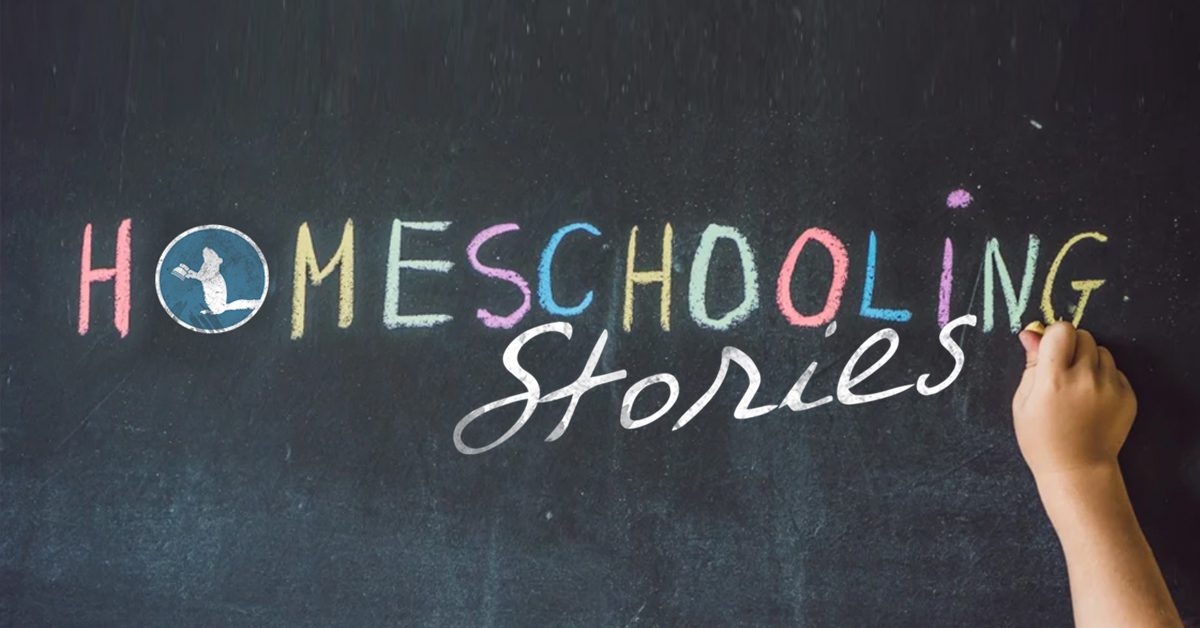
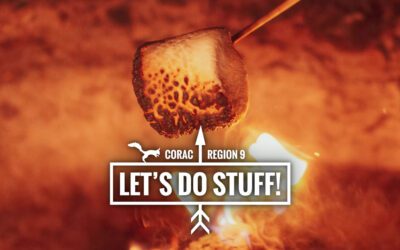

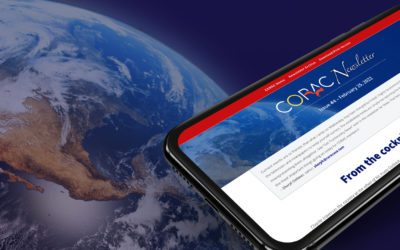
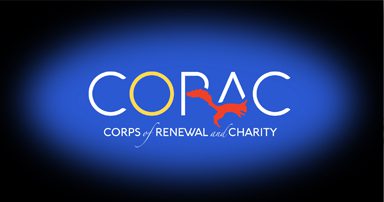

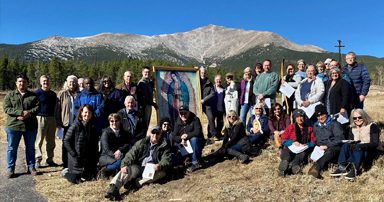
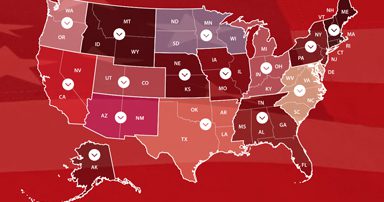

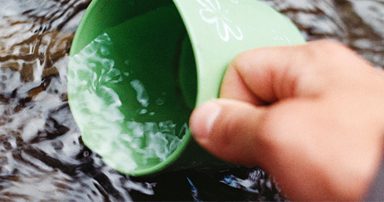

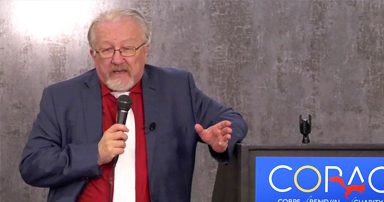







0 Comments